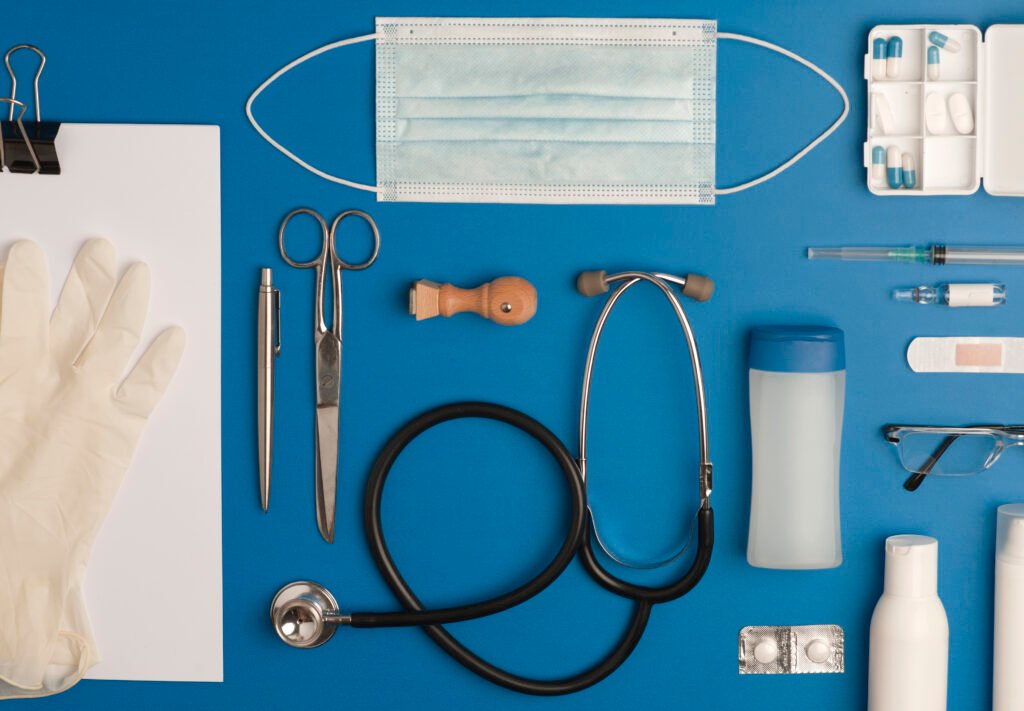Wondering how to get testosterone replacement therapy? Learn exactly what happens during your first consultation, what tests you’ll need, and how to prepare for your initial testosterone assessment.
Feeling tired all the time? Struggling with low energy, reduced muscle mass, or decreased sex drive?
These could be signs of low testosterone. If you’re researching how to get testosterone replacement therapy, knowing what to expect at your first assessment can make the process much less intimidating.
Your initial consultation is a crucial step—it’s where your doctor will evaluate your symptoms and determine if TRT might help you.
What Happens During a Testosterone Assessment?
When you walk into your first appointment, you might feel nervous. That’s completely normal.
Your doctor understands this and will guide you through each step. The initial consultation typically takes between 30-45 minutes, giving you enough time to discuss your concerns thoroughly.
Your assessment will generally follow this structure:
1. Discussing Your Symptoms and Medical History
Your doctor will ask about the symptoms you’re experiencing. Be honest and thorough—even details that might seem embarrassing are important for proper diagnosis. Common symptoms include:
- Fatigue and low energy
- Reduced muscle mass
- Increased body fat
- Decreased sex drive
- Mood changes
- Sleep problems
You’ll also talk about your medical history, including:
- Past illnesses
- Surgeries
- Medications you take
- Family health history
- Lifestyle factors (diet, exercise, stress, sleep)
2. Physical Examination
The physical exam usually includes:
- Checking your vital signs (blood pressure, heart rate)
- Measuring your height, weight, and waist circumference
- Examining your body composition
- Checking for physical signs of hormone imbalance
3. Laboratory Testing
Blood tests are essential for diagnosing low testosterone. Your doctor will order several important tests:
| Test Type | What It Measures | Why It’s Important |
| Total Testosterone | Overall testosterone level | Primary indicator of low T |
| Free Testosterone | Testosterone available for use | Shows functional testosterone |
| Luteinizing Hormone (LH) | Hormone that stimulates testosterone production | Helps determine cause |
| Estradiol | Estrogen levels | Balance with testosterone matters |
| Complete Blood Count | Blood cell levels | Baseline for monitoring |
| Metabolic Panel | Liver and kidney function | Ensures body can process treatments |
Most doctors will ask you to fast for 8-12 hours before blood testing and to have your blood drawn in the morning when testosterone levels are naturally highest.

How to Prepare for Your First Consultation?
Getting ready for your assessment can help you get the most from your appointment:
Before Your Appointment
- Track your symptoms for 2-3 weeks before your visit. Note when they occur, how severe they are, and what might trigger them.
- Gather information about your medical history, including dates of surgeries, medication names and dosages, and any previous hormone tests.
- List your questions. Write down anything you want to ask your doctor so you don’t forget.
- Consider bringing a support person if it makes you more comfortable.
The Day of Your Appointment
- Wear comfortable clothing that’s easy to remove for the physical exam.
- Fast if required for blood tests (confirm with your doctor’s office).
- Arrive 15 minutes early to complete paperwork.
- Bring your ID and insurance information.
After Your Assessment: Next Steps
Following your consultation and blood work, your doctor will analyze the results, which typically take 3-7 days. Don’t be discouraged if you don’t get an immediate answer. Proper diagnosis takes time.
If your tests confirm low testosterone, your doctor will discuss treatment options, including:
- Different forms of testosterone replacement (injections, gels, patches)
- Expected benefits and possible side effects
- Monitoring schedule
- Lifestyle changes to support treatment
Finding the Right Provider for Your Journey
Choosing the right healthcare provider is crucial when seeking testosterone replacement therapy.
Look for doctors specializing in hormone health, such as endocrinologists or urologists with experience in men’s health. Don’t hesitate to ask about their experience treating testosterone deficiency.
Remember, getting proper treatment for low testosterone can significantly improve your quality of life.
The initial consultation is just the beginning of your journey toward feeling better and regaining your energy and vitality.
